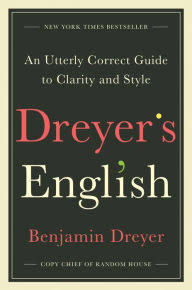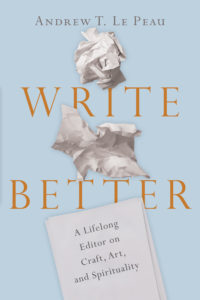I love books that offer a grand sweep of the Bible that ties the whole together through a theme like the Exodus or the Temple. Seeing how all of Scripture unites in multiple ways is enlightening and energizing for me.
In that regard, Heiser’s The Unseen Realm does not disappoint. As I noted here, his book is not just a catalog of spiritual beings. Rather he tells a remarkable story of God’s plan for creation from Genesis to Revelation through this clarifying lens.
And what is that story? “The Old Testament is basically a record of the long war between Yahweh and the gods, and between Yahweh’s children and the nations, to re-establish the original Edenic design” (p. 376). And the two wars are actually one, with rebellious spiritual beings using the nations in their battle.
Here’s how it unfolds. While initial conflicts emerge in Genesis 3 and 6, a turn comes, unexpectedly, in Genesis 10 which offers an apparently boring list of seventy nations descended from Noah and his sons. But these are the nations split up in Genesis 11 after the fiasco at the Tower of Babel. God doesn’t completely forsake them, however. In Genesis 12 he promises to bless them through Abraham and his family.

What is going on here? Moses offers a striking explanation of the episode at Babel: “When the Most High gave to the nations their inheritance, when he divided mankind [at Babel], he fixed the borders of the peoples according to the number of the sons of God. But the Lord’s portion is his people, Jacob his allotted heritage” (Deut 32:8-9 ESV).
God, says Moses, gave up the corrupt nations to their rebellion at Babel, turning them over to “the sons of God,” which is a reference to the divine council (a group of spiritual beings often referenced in places like Gen 6:2; Ex 15:11; Job 1:6; 2:1; Ps 82:1, 6; 89:6-7; etc.). The nations are disinherited from God at Babel and given over to the control of these equally rebellious “sons of God.” But God chooses one nation for his inheritance—through whom all the nations will eventually be brought back into the fold. That is, Israel.
As we know, that is ultimately fulfilled by God in the person of Jesus Christ, the unique Son, who accomplishes the task Israel failed to complete. When the New Testament then refers (as it does frequently) to the nations (e.g., Matt 28:19; Mk 13:10; Acts 1:8; Rom 16:26; etc.), this is more than a statement about a worldwide mission. It is a reclamation project which involves God’s plan to dethrone the rebellious spiritual beings who led the nations astray, and bring all peoples back to himself.
Many years ago I heard the phrase “territorial spirits” to describe how nations were guided by evil beings who had a certain geographic or ethnic domain. I was skeptical, thinking it derived from isolated and contested texts like Daniel 10:12-21. Heiser doesn’t employ that terminology, but he does use the phrase “the divine council cosmic-geographical worldview,” to describe what he sees as permeating Scripture (p. 349).
What difference does all this make? How does it affect our life in Christ?
Those are the questions I’ll address in my next post.
—
Image: Ziggurat at Ur, modern Tall al-Muqayyar, Iraq. Such temple towers were characteristic of Mesopotamia, 2200 to 550 BC, and was likely the pattern followed at Babel (see John Walton and Tremper Longman III, The Lost World of the Flood, pp. 129-42). Image by Abdulmomn Kadhim from Pixabay.


